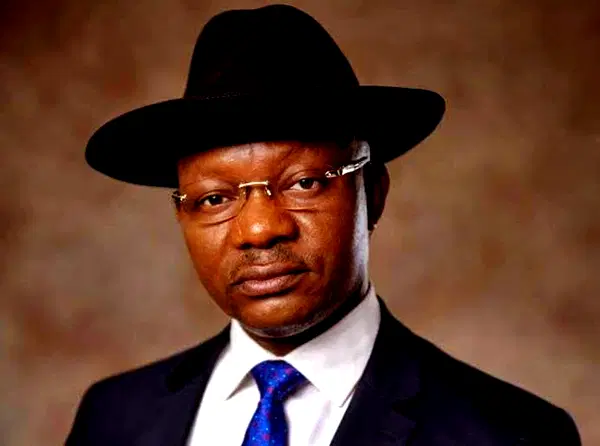In democratic governance, public criticism is not a nuisance, it is a vital part of accountability. But how a government responds to such criticism can determine whether it builds trust or deepens discontent.
In recent weeks, the Delta State government has found itself in the eye of the storm, first from the Udu people, and more recently from the Isoko ethnic nationality. At the center of the response strategy stands Charles Aniagwu, the Commissioner for Works (Rural Roads) Public Information, whose communication style has drawn more fire than favour.
The Udu people of Delta State recently raised concerns over what they described as long-standing marginalisation in infrastructure development. Despite being oil-producing and a significant contributor to national revenue, they lamented the lack of visible government presence in their communities.
Rather than address the concern with empathy or clarity, Mr. Aniagwu responded with political undertones, accusing the Udu people of being habitual opposition voters and implying that any development they enjoy is a product of the governor’s generosity, not a right.
Such a stance not only politicizes development, it questions the people’s entitlement to equitable treatment. It subtly suggests that loyalty, not citizenship, is the currency for infrastructural inclusion. This kind of rhetoric, while perhaps politically expedient, is perilously dismissive and undemocratic.
Barely had the Udu agitation cooled when the Isoko nation raised its own protest. Following the Delta State Executive Council’s approval of N230 billion in projects, the Isoko people noticed they were not listed for a single new project, despite being oil-rich and resource-generating.
Read Also:
- The justifiable marginalization cry of Isoko People
- Knocks, kudos as Delta Govt counters Isoko over N230 Billion project exclusion cry
- FMC OVWIAN: Delta transfers Otor-Udu General Hospital To FG
Again, Aniagwu mounted a defense, one that quickly fell apart under scrutiny. He released a list of 53 projects, many allegedly inherited from previous administrations, to argue that Isoko had already benefited and therefore had no justification for complaint. In the same breath, he appealed to the people to remain patient and understanding, saying government means well.
But here lies the contradiction that has made Aniagwu’s communication efforts appear more of a performance than a sincere dialogue. You cannot tell a people they have had their “fair share,” subtly accusing them of ingratitude, and then pivot to plead for calm and cooperation. If their grievances are invalid, why appeal to them? And if their concerns are valid, why dismiss them?
This duality exposes the entire communication effort as a charade, an exercise in deflection rather than engagement. It reflects a style of governance that seeks to silence dissent, not resolve it. When you both downplay grievances and try to soothe them, your message rings hollow. It signals that the government is less interested in solving the problem than it is in controlling the narrative.
A government spokesperson is not just a defender of policy but a bridge between the state and its people. The role requires balance—acknowledging concerns, offering clarity, and committing to fairness. When spokespersons like Aniagwu resort to denial wrapped in patronizing appeals, they fail in that duty.
Worse still, they risk casting the government in a cynical light, one that views infrastructure as reward for political loyalty and sees criticism as betrayal. That perception, once embedded, is hard to undo.
Delta State is home to diverse communities, many of whom feel historically shortchanged. In such a context, every word from government matters. It must reflect fairness, humility, and genuine willingness to listen. The moment a government begins to conflate political affiliation with entitlement to development, or substitutes empathy with empty appeasement, it loses the moral authority to govern inclusively.
For Charles Aniagwu, and others who speak for government, the lesson is simple: if your words are to have meaning, they must reflect sincerity. Anything less is just a charade, heard, but not believed.






